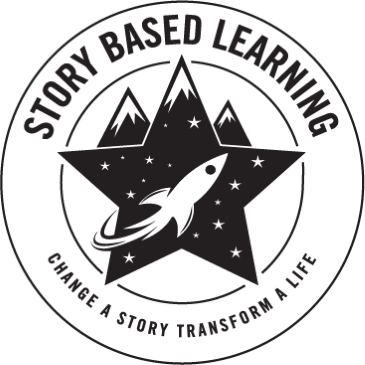
24 Jan The Investigator – Nine Types of Learners
Meet Ira and Imogen.
No-nonsense, introverted, independent and detached.
Investigators consume information like a sponge, deferring to knowledge as a means of decision-making rather than emotion or intuition. Considered and reserved, they think a lot before offering their opinion but they are able to talk at great length on topics of expertise (such as Minecraft perhaps!).
Learning Style
Investigators learn through observation. Books and data are consumed voraciously before they are willing to participate or speak up.
They need predictability and routine. Being able to foresee something is being able to prepare for it.
Ira and Imogen are capable of high level abstract thinking but they approach information in sequences – assessing, internalising the key principles and then discarding unused parts. Questions must be specific as their way of thinking is very precise.
Environment
A calm, ordered and quiet learning environment is key for Investigators. They become easily overwhelmed by others in their space and require solitude in which to form their own thoughts.
Being told what to do can arouse resistance for these students as they resist supervision and the casting of task in the language of ‘should’.
Ira and Imogen thrive when they are allowed to pursue their areas of expertise and go deeply into these interests. Once they become committed to a topic or task, they are unstoppable and are not afraid of a challenge. There is great reward in figuring out a problem or learning more about the world.
Tips
If you have an Ira or Imogen in your life, you can help them in the following ways:
- Respect their privacy. These students place a high value on their need for a safe space in which to process emotion, often replaying the feelings after the event. This withdrawal is their way to figure it all out.
- Encourage them to be open to emotion (even though it feels scary), joining their experience with what they know in order to move forward in their passions.
- Avoid confrontations which require an immediate reaction. State the problem and then allow time for them to come back and respond later.
- Try to make time to listen to them talk about topics of interest even if the information feels like an overload to you.
- Understand that the detachment of the Investigator is a coping strategy against the pain of emotion and the overwhelming stimulation of the world around them. It isn’t a comment upon your worth to them.
Investigators are fascinating people and have so much to offer the world, if we allow them to approach it on their own terms. Their strengths of wisdom, curiosity, specialisation, problem-solving, independence and creativity are so valuable. When Ira and Imogen discover their passion and connect their thoughts with their emotions, they become forces for incredible advancement and growth.
This category of learner has been based upon Type 5 of the Enneagram (or ‘The Investigator’). If you wish to delve more deeply into the psychology of the Enneagram, follow the links above.
As the journey of self discovery is one best enjoyed by each individual, we suggest that you use this as an internal guide for yourself, rather than telling your children which type you think they might be. We do understand that each person is utterly unique and there will be variations within each type, but we have found this typology the most helpful for getting a basic understanding of human behaviour and motivation.
Missed out on any of our previous articles? Check them out here:



No Comments